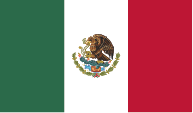Quality standards, health, religion, marketing… There are many reasons why food certifications exist. As a result, a lot of the products you see every day in the supermarket are tightly inspected and tested using rigid standards.
While one might be right to say: «well, but these certificates are made for people to buy more», the truth is that beyond that logic, the certificates seek to help the final consumer so that he can make a more informed purchase, as happens with the nutritional table and here we explain why.
INDEX
RELIGIOUS CERTIFICATIONS
Would you believe us if we told you that Judaism and Islam had already established their certifications and standards for food production long before they existed? And so, it was and they are the Kosher certification, created by Judaism, and the Halal certification; created by Islam.
KOSHER CERTIFICATION
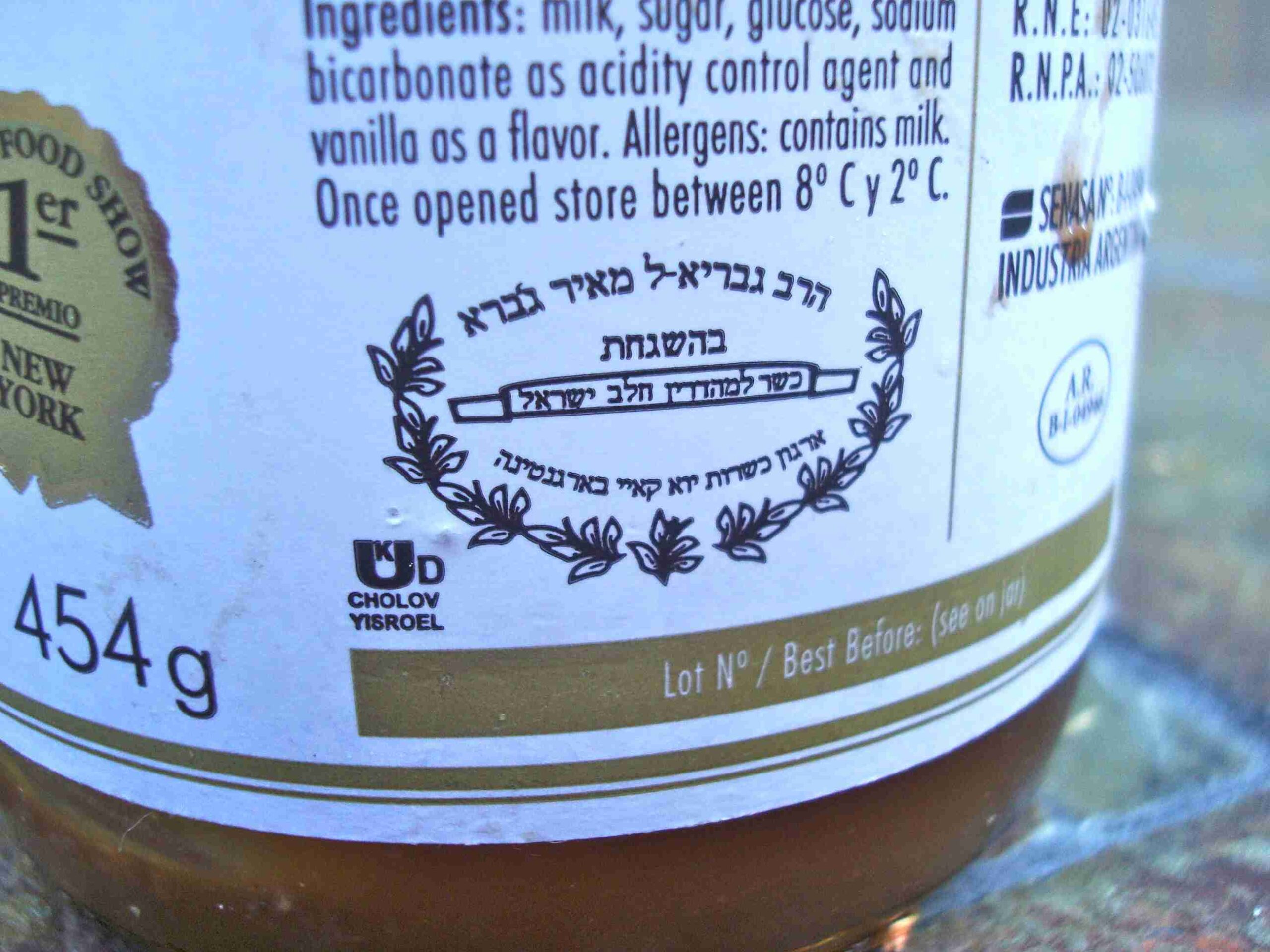 An example of the Kosher seal on a product / Photo: The Spruce Eats.
An example of the Kosher seal on a product / Photo: The Spruce Eats.
By definition, «Kosher» means «suitable» and the certification that carries the same name, which is given to a product once the means of production and the product itself, comply with the requirements of kashrut, which is a set of Jewish dietary laws that are collected in the written Torah and the Oral Torah.
There are organizations worldwide and regionally authorized to certify foods if they comply with the following requirements:
If we are talking about meat, the slaughter that was done to obtain that meat must have had the presence of a rabbi who verified that it was done correctly, guaranteeing that the animal did not suffer at any moment. In addition, the blood must be drained from the meat, through a process called Kashering. If it is seafood, only fish with scales and fins are allowed. Lobsters, shrimps, oysters, and other creatures without scales are forbidden.
To be certified, the processing machinery must be totally sanitized, and the product must not contain additives that alter its composition or flavor, which are not previously mentioned on the label.
HALAL CERTIFICATION
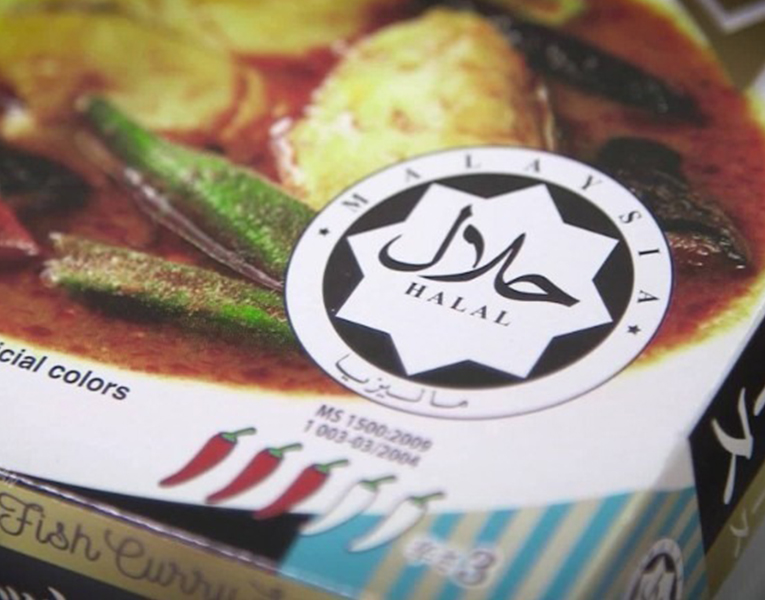 An example of Halal certification / Photo: Entrepreneur Insight.
An example of Halal certification / Photo: Entrepreneur Insight.
Halal is an Arabic word that translates as «lawful» because it complies with Shariah rulings.
Whereas the concept is applicable to a variety of everyday tasks in life, in the specific case of food it refers to the composition of the product and the environment in which it was produced.
When it comes to food and beverages, it may be easier to distinguish what is not halal than to label what is halal, since all foods are considered halal, to begin with, unless they are strictly forbidden or categorized as «haram» which translates from the Arabic for «forbidden.»
According to Islamic law, it is not allowed to consume animals not slaughtered according to the Halal rite; pork, wild boar, and its derivatives; neither dogs, cats, rodents, foxes, mules, elephants, monkeys, or reptiles, nor predatory or scavenging animals. The blood of any animal species is also prohibited, as are alcoholic beverages, additives, and ingredients of non-Halal animal origin, and most insects.
As with Kosher certification, there are several agencies around the world with the authority to certify products that are fit for consumption by Muslims.
LAS CERTIFICACIONES PARA DIETAS ESPECIALES
GLUTEN FREE
 Gluten-Free foods are favored by celiac patients / Photo: Fortune.com
Gluten-Free foods are favored by celiac patients / Photo: Fortune.com
So, what is gluten?
It is estimated that more than 3 million Americans are allergic to this protein found in cereals such as barley, wheat, and rye, therefore, foods that come from these cereals, have this protein in their composition, unless they carry the «Gluten Free» label, granted by the FDA to products that have less than 20 parts per million (ppm) of gluten.
VEGANS AND VEGETARIANS
 The «V» label is becoming increasingly popular in Europe / Photo: Vegconomist.
The «V» label is becoming increasingly popular in Europe / Photo: Vegconomist.
They look alike, but they are not the same. The vegetarian diet is one where no meat is eaten, however, there are usually cases where people eat seafood or fish, so it can be considered flexible, unlike veganism, the strictest form of vegetarianism, which avoids absolutely all animal products and their derivatives. Even foods whose elaboration process has taken place in a production line that has had contact with animal products are not consumed by the vegan.
Thanks to the popularity of this type of diet, the number of products for people who follow this diet has also grown, as a business and marketing strategy.
NON-LACTOSE – DAIRY
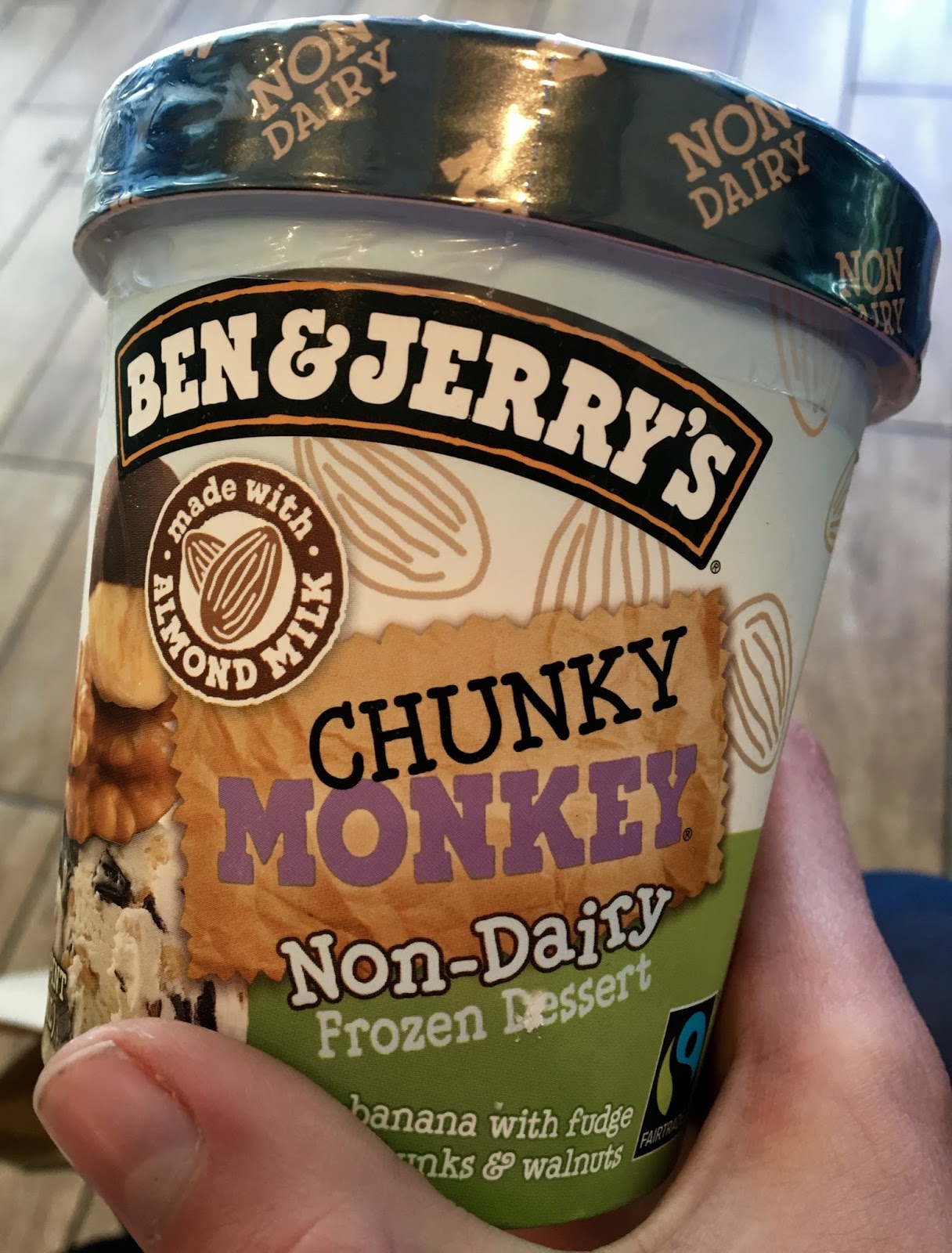 Big brands already offer dairy-free alternatives / Photo: Dairy-Free review blog.
Big brands already offer dairy-free alternatives / Photo: Dairy-Free review blog.
This certification guarantees that the products in question are lactose-free or, otherwise, non-dairy. It’s a bit confusing, but let’s look at the differences: lactose is a sugar found in dairy, so there can be dairy foods, without lactose. On the other hand, non-dairy products are derived from plants, grains, or nuts and have no traces of dairy of any kind.
“NON GMO”
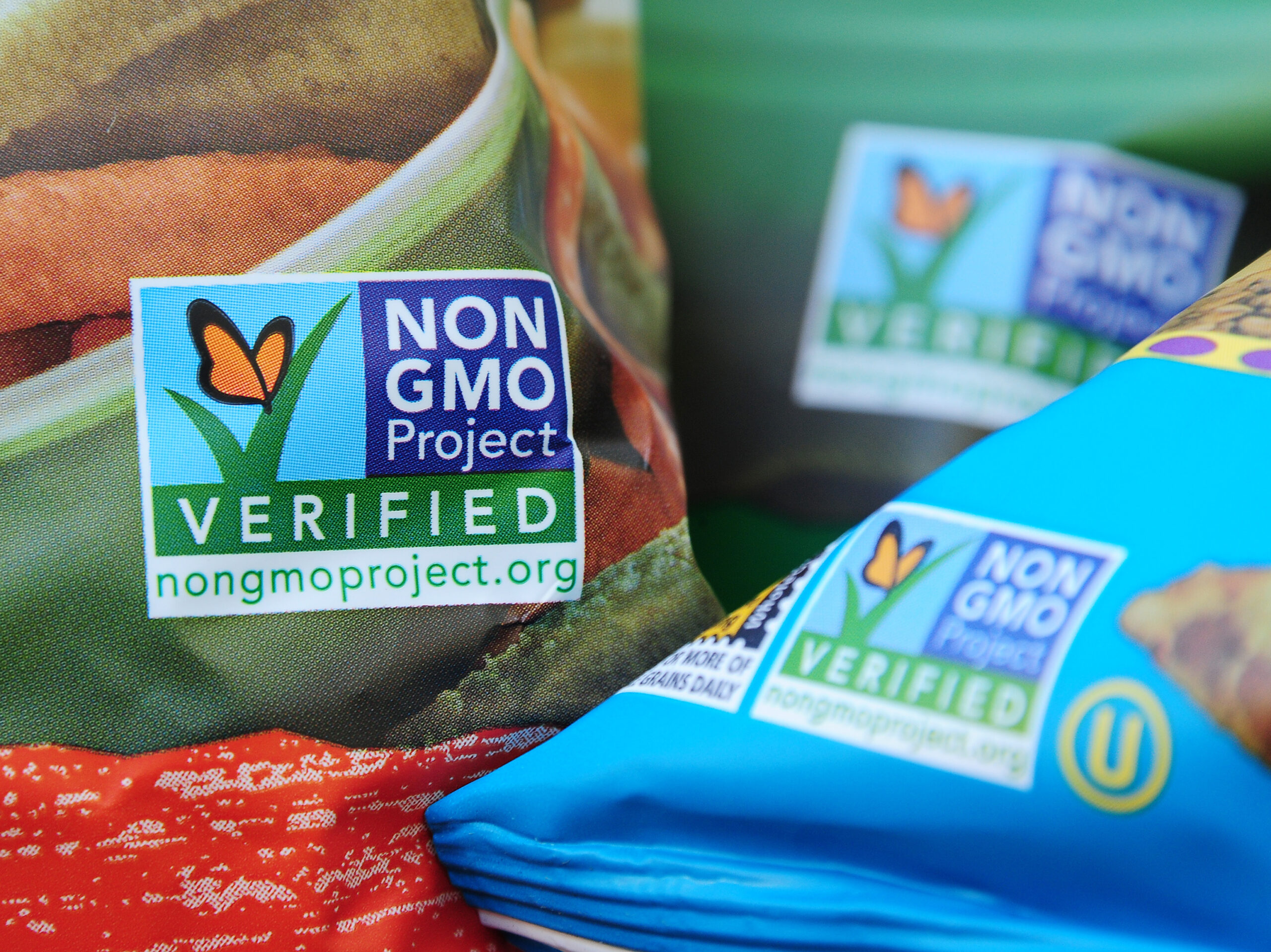 NON-GMO regulations are among the strictest in the industry / Photo: NPR.
NON-GMO regulations are among the strictest in the industry / Photo: NPR.
GMO stands for «genetically modified organism». In this case, it refers to raw materials that were genetically modified through transgenics before being used to become food.
Today, products with the NON-GMO label are growing in popularity, thanks to the benefits for the body of eating in the healthiest way possible.
GOVERNMENT CERTIFICATIONS
There is a growing demand from end consumers to know the origin of the product they are about to eat. The rise of this trend has led to the emergence of non-profit NGOs, whose task is to carry out this monitoring and issue certificates (in some cases together with governments) indicating that these companies comply with standards that promote social responsibility, and care for the environment and good economic practices.
FAIR TRADE Y RAINFOREST ALLIANCE
 Companies are increasingly committed to protecting the environment / Photo: Wikimedia.
Companies are increasingly committed to protecting the environment / Photo: Wikimedia.
The Fair-Trade certification, created by the NGO of the same name, certifies that the product being sold was produced by companies that promote environmental protection, sustainability, and social development and offer their employees decent and safe working conditions.
The same is true of the NGO Rainforest Alliance, which issues certification to all foods created by sustainable, socially responsible companies that comply with international environmental conservation standards, protect wildlife, and promote environments with good working conditions.
USDA ORGANIC
 To obtain this certificate, a 4-week study and verification process must be carried out / Photo: USDA.
To obtain this certificate, a 4-week study and verification process must be carried out / Photo: USDA.
This certification is granted to those products that contain at least 95% organic ingredients and have no traces of chemicals, additives, synthetic products, pesticides, or genetically modified substances. If a non-organic ingredient is found in the remaining 5%, manufacturers must indicate such ingredients on the product label, as long as they are on the list of approved products.
Did you know that SM & More carries your product in more than 250 markets in the Midwest? We offer you more than 30 years of experience in the food industry to help you take your brand to the next level.
Click here and learn about ALL we have for you.


